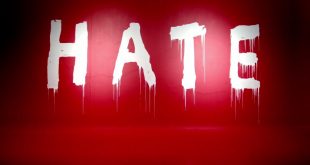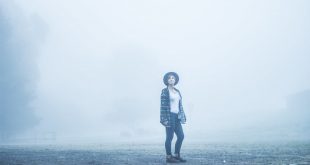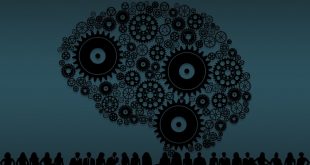By: Allison Jia
Ever since I discovered the world of pop music, I have always been listening to music while studying. My mother highly disapproves of this studying habit; she claims my test scores will drop if I continue multitasking. Like me, my science partner was experiencing a similar situation, which led us to brainstorm a project. She and I decided to conduct an experiment attempting to disprove our parents: analyzing common distractions using an EEG, otherwise known as electroencephalogram. We wanted to observe whether or not there was a definitive correlation between these common high school distractions, namely pop music, classical music, texting, social media, and phone calls, and studying efficiency that could be reflected in test scores.
We hypothesized that the most disruptive distractions would be defined using the EMOTIV iOS app’s attention, engagement, relaxation, excitement, and focus scores and would correlate to test score accuracy: the lower the scores on the app, the lower the test score accuracy. After testing many of our fellow classmates, we discovered social media was the distraction that had the largest impact of all. Texting and phone calls followed, with pop music and classical music at the end. Interestingly, all distractions raised stress and lowered engagement levels. The largest increase in stress occurred with social media, while the largest decrease in engagement occurred with phone calls. The rest of the distractions came with mixed results. The largest increase in interest occurred with pop music and the largest increase in excitement occurred with social media. The largest increase in focus occurred with social media, whereas the largest increase in relaxation occurred with pop music. We ultimately ranked the distractions in the following order: social media, phone calls, texting, pop music, and classical music.
At the end of the day, we concluded that our parents were not completely correct, but still correct to a certain degree. While we actually found a very low correlation between the distractions and test score accuracy, we cannot say that the distractions had absolutely no impact. There was a slightly higher correlation between the distractions and test time; multitasking does come at the cost of time.
 Tempus Magazine By Students, For Students
Tempus Magazine By Students, For Students 



